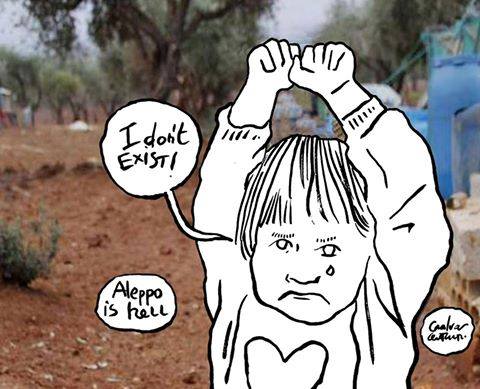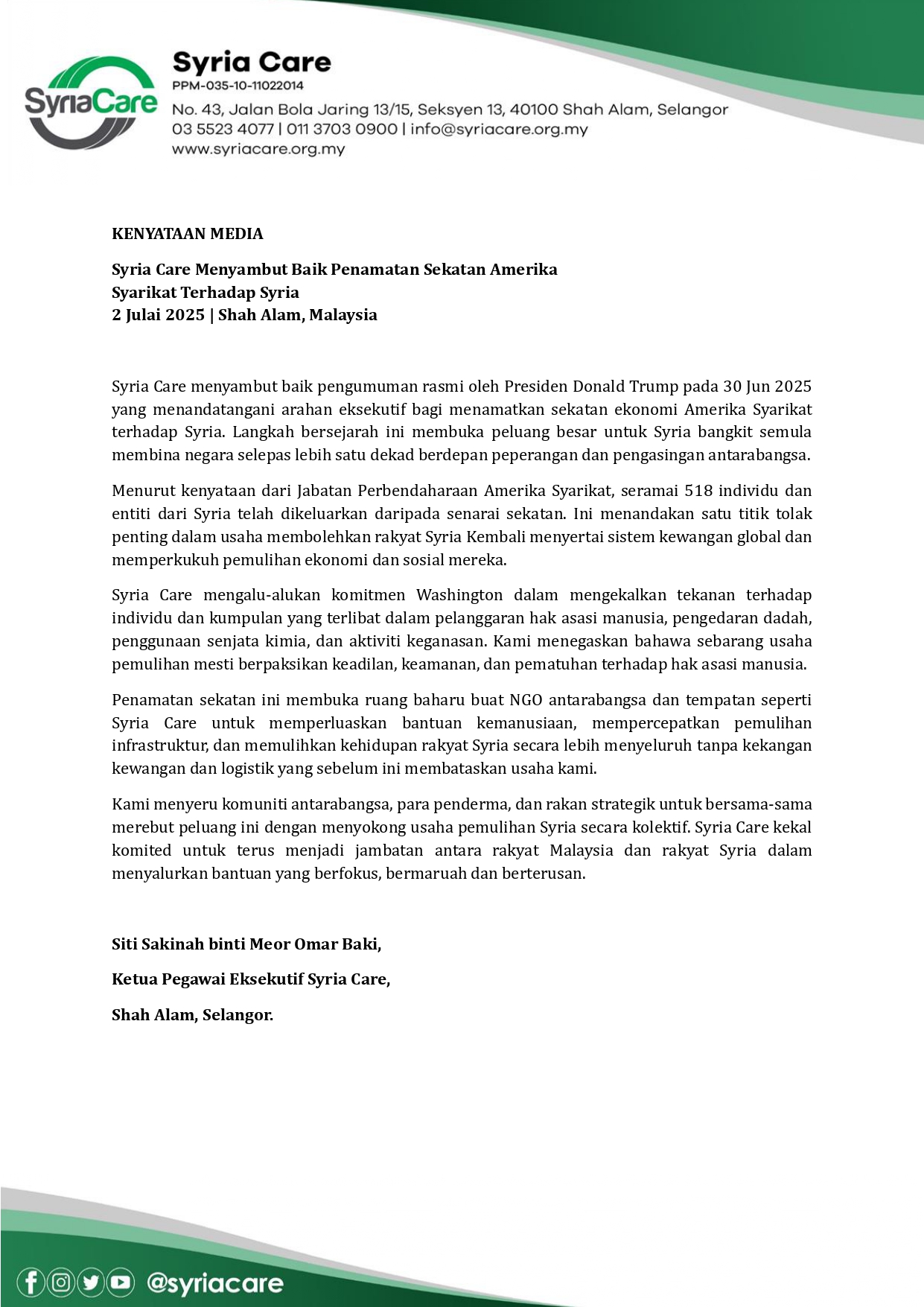Thirty year-old Huda lost her little foot due to a tumor.
Thirty year-old Huda lost her little foot due to a tumor. She has always rejected the idea of marriage in fear that a healthy man might belittle her for being crippled. Today, married to Hatim who has lost his foot two years ago in a shelling on Eastern Ghutah, she tells Syria Untold: “After the revolution and the war I’ve finally found someone who is like me.”
Walking through the streets of rebel-held areas such as Eastern Ghoutah, one can realize the scale of such a catastrophe as you barely pass a road without seeing one or several injured. In the news, it is common to enumerate casualties and the number increases several folds for the injured, but the news ends there. There is no time or ability to mention how many of them have suffered the injury that will change their lives forever.
“Most injuries are a result of random shelling with various types of rockets and barrel bombs as a first cause, and with snipers bullets as the second most common cause. Most of the wounded are civilians; these cases are more than triple the injuries resulting from armed confrontations,” says the SN4HR report.
Many injuries result in permanent handicap due to the lack of specialized qualified medical staff, such as vascular and neurosurgeons. The lack of disinfectants and antibiotics causes infections that require the amputation of the injured limb. Then there is the type of weapons used, mostly explosive, as they often provoke compound injuries which lead to all sorts of disability, regardless of the quality of healthcare.
The loss of a limb or a sense could be almost as painful as a slow death; in Eastern Ghutah, many think those who died are in peace while they go on living in the same condition of their country, swallowing a slow death for every minute they survive.
Hatim folds his arms over his chest wondering: “Those who are dead are martyrs, what do I benefit from staying alive?” He envies the martyrs for the comfort of death and the honor of martyrdom, whereas he has nothing left but the humiliation of begging for help to make a living for himself and his wife Huda. The couple share two pairs of walking canes that prevent them from holding hands down the street, reminding them of what life has taken away from them for good.
Nour, an employee at the center for artificial limbs, speaks of another agony. Amputation does not only affect the injured, it also causes much suffering to their family. They might lose their main breadwinner or caregiver and it might become their responsibility overnight, causing them traumatic shock. This alone is enough to turn the lives of entire families into a daily misery, reaffirming Hatim’s opinion. Death becomes a wish withheld by the curse of surviving. ”Yes, things are THAT bad,” confirms Nour.
There are too many examples related to the miserable reality of Syrians today, especially in besieged areas.




![Kenyataan Media Syria Menuju Masa Depan Lebih Stabil Dengan Gabungan Sdf & Kerajaan Baru[1] Page 0001](https://syriacare.org.my/wp-content/uploads/2025/03/KENYATAAN-MEDIA-SYRIA-MENUJU-MASA-DEPAN-LEBIH-STABIL-DENGAN-GABUNGAN-SDF-KERAJAAN-BARU1_page-0001-scaled.jpg)